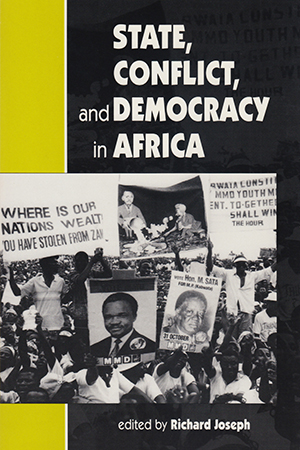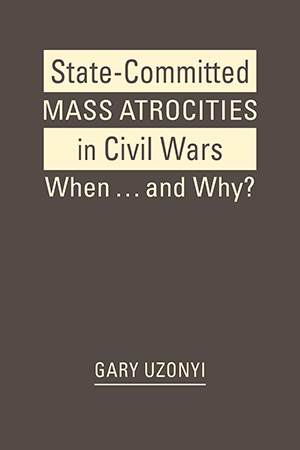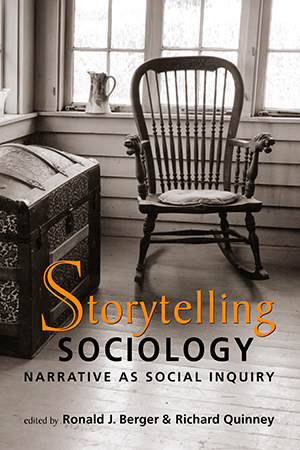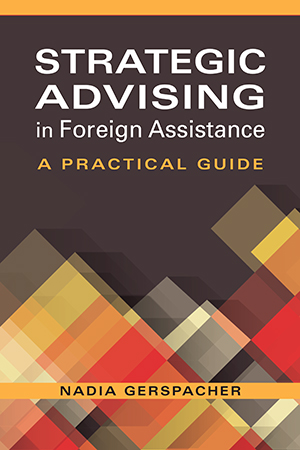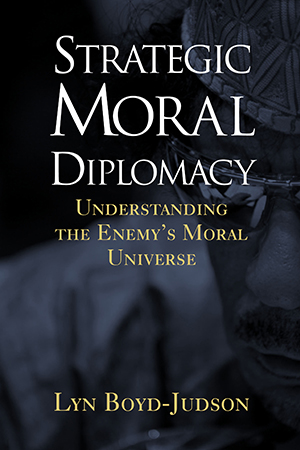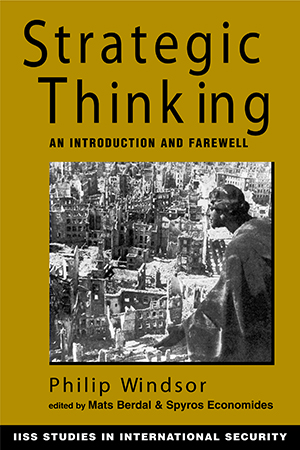BOOKS
What makes a national community out of a state? Addressing this fundamental question, Rajagopalan studies national integration from the perspective of three South Asian More >
As China's reforms take root, the differences between the traditional value of harmony and the socialist norm of class struggle are becoming increasingly obscured. Chinese citizens are, More >
Now Available in Paperback! Although it typically is taken for granted that African economies perform poorly, it is less well known that there are a small but significant number of success More >
Shortly after the Sandinista victory of July 1979, the Atlantic Coast of Nicaragua gained enormous international notoriety because of violent conflicts between the new government and the More >
This seminal volume explores the most important dimensions of state formation and erosion, social conflict, and the gains and setbacks in democratization in contemporary Africa. The results More >
What causes governments to commit mass atrocities—including genocide—during times of civil war? Gary Uzonyi tackles this discomforting question, focusing on uncertainty as a key More >
This exciting new book is about the narrative turn in sociology, an approach that views lived experience as constructed, at least in part, by the stories that people tell about it. The book More >
Though advisers to host governments have become an integral part of foreign-assistance efforts in the realms of both development and peace processes, there has been scant information on how More >
Is it possible for nations to negotiate in the context of seemingly incompatible moral values? Lyn Boyd-Judson answers yes—and argues that it can be strategically useful, as well as More >
In this, his final book, Philip Windsor explores the emergence, meaning, and significance of the Cold War mentality. Tracing the evolution of strategic thinking from its origins in medieval More >







